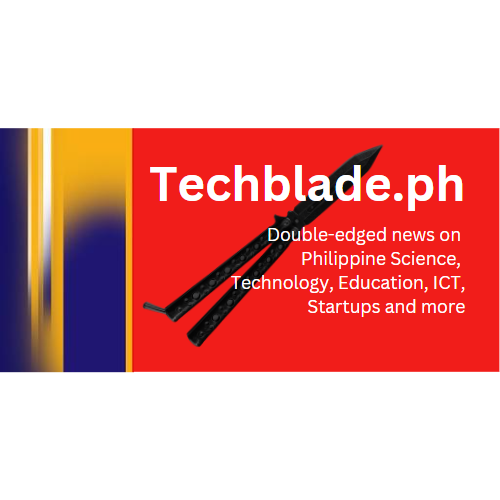As published in the DOST – Information and Communications Technology
website
Since 2010, the Philippines has been part of a worldwide event that is
reshaping our technologically-dependent world. This movement is called the
Software Freedom Day; a campaign that was founded by the Digital Freedom
Foundation (DFF). The DFF is an NGO that acts as the official organizer of the
movement which aims to “empower all people to freely connect, create and share
in a digital world that is participatory, transparent, and sustainable.”
Human Rights Protection
According to its former president, Pia Waugh, the organization’s main
advocacy is to preserve our human rights in a technological perspective. What
does this mean essentially? As Waugh points out, the basic set of human rights
declare that all human beings should live to a certain standard that was
convened upon by the United Nations; however, with the rapid influence of
technology in our lives, there have been no new standards implemented to
protect users from the possible exploitation of their rights.
She cites an issue from 2005, namely the Sony Scandal, wherein the company
installed anti-piracy software in their CDs. The anti-piracy software produced
hidden folders into users’ personal computers, and saved information
unbeknownst to them. This mode of installation and the inability of the users
to remove the software is very similar to “rootkits,” which are used by hackers
to control computers. In layman’s terms, Sony basically put tracking devices on
the users’ computers and any attempt of removing this software would render the
users’ CD-ROM useless.
This sparked discussion amongst individuals, asking what proprietors really
embed into the everyday software and systems that we buy from them. A good
point that she raised is the digitalization of our votes, which has been a
recent point of debate involving the PCOS machines. If we don’t know what the
source code of the PCOS machine actually does, how can we ascertain that these
machines provide us the accurate information for the elections?
Transparency and Sustainability as a means of Freedom
The organization’s answer to this is the practice of open data and open
software; which questions the lack of transparency between software companies
and their consumers. By giving a space wherein people can freely discuss
and share upcoming open technologies, the activity makes the consumers more
aware of their rights to know what a certain technology does, and how it
relates to their lives. This way, the movement can gain proper recognition
and political support to produce the changes to protect our technological human
rights.
Equally important is their campaign for sustainability of software programs.
For years, consumers have subscribed to the fact that as a certain product
changes its version or changes its format, they have to adapt to it. As such,
data that people work hard for becomes incompatible, or worse, obsolete in the
face of these products, rendering the consumers no choice but to continue
purchasing new products in the market. In a sense, this “proprietary data
format” impedes people’s access to knowledge, which is what Software Freedom
Day is fighting for.
As the dawn of Juan Konek (Free Wi-Fi project) draws near, we have to keep
in mind that our rights as Filipinos not only translate to material rights, but
also translate to our identity, intellectual property, and access to
information. The practice of Software Freedom in the Philippines is definitely
something we should celebrate as we look towards a new generation of Filipinos
connected to the world.
Source:







0 Comments